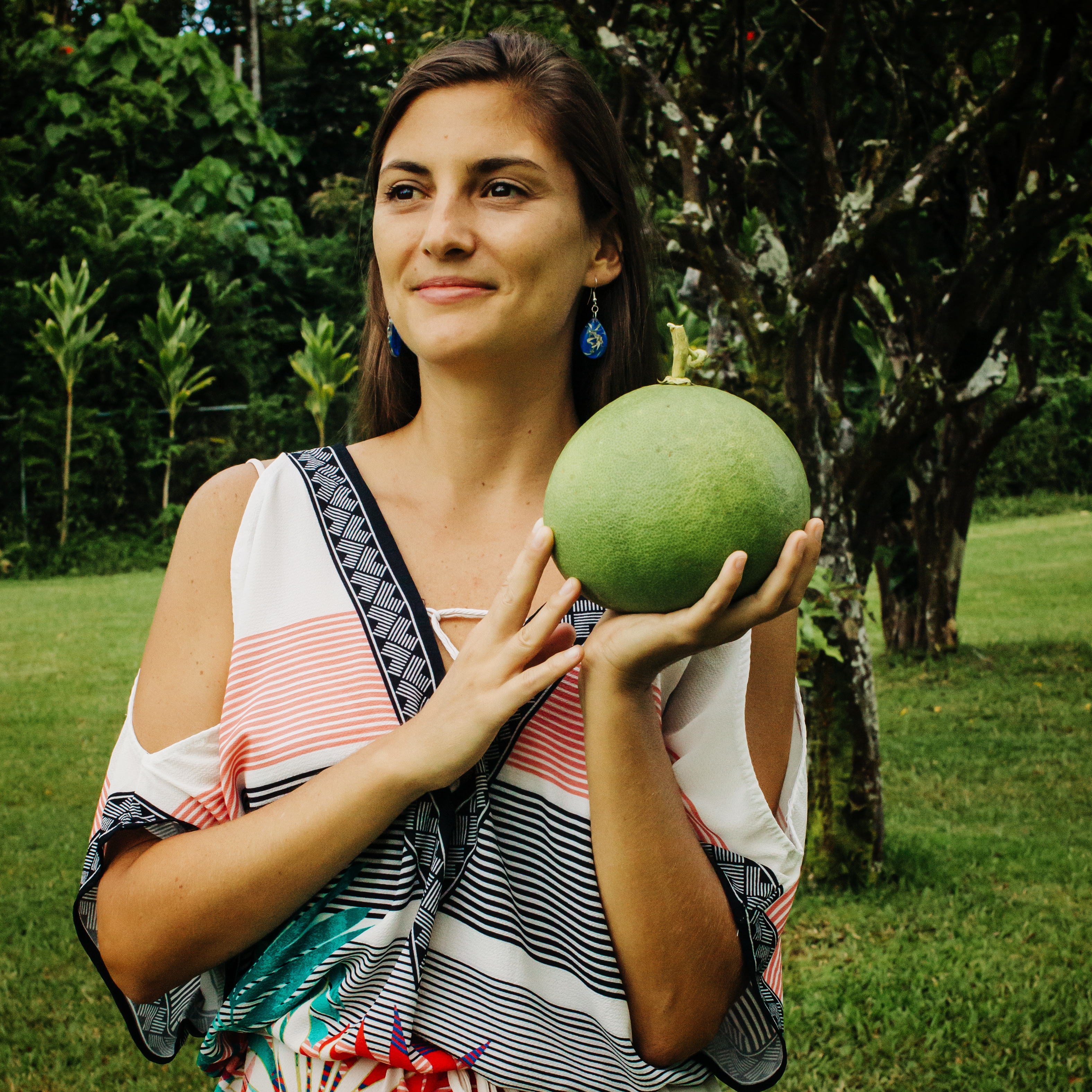Running With Mushrooms
- samanthakoches

- Jan 17, 2024
- 3 min read
Nourish All has been featured as Episode 1 of Running with Mushrooms podcast and blog -- a space dedicated to our fabulous funghi friends.
Running with Mushrooms is a series of mushroom chats led by Jess Jorgensen sharing her research into global myco-culture. Come join Jess on a mushroom tour exploring how the 'shroom boom' is affecting people & environments, with bi-weekly podcasts about how to make sense of it all. Follow www.runningwithmushrooms.com

E01: Mushrooms, NGOs and refugee-led social impact, with Nourish All
How mushrooms can impact the lives of refugee and their host communities
With Samantha Koches of Nourish All, we explore the complexity of the East African aid industry, and how NGO-RLO (nongovernmental organisations x refugee-led organisations) are working with mushrooms to build resilience and positive social impact.
Mushrooms, refugees and building resilience
How mushrooms can impact the lives of refugee and host communities
Visiting my first mushroom farm in Nairobi, the last thing I expected was to bump into an individual who would open up an entire world previously unbeknownst to me: the intriguing, inspiring and complex world of how East Africa’s aid and NGO sectors intersect with mushrooms. This individual was Samantha Koches: founder of Nourish All, permaculturist, agribusiness consultant, designer and builder of edible gardens, and (to my delight!) avid grower of oyster mushrooms.
On a mission to improve fresh food security and livelihoods for vulnerable communities in East Africa (in particular women, children and those with refugee status), Samantha embodies an infectious enthusiasm and passion for this work - she’s all smiles, and I’m all for it! In addition to other brilliant projects and partnerships such as with Ugandan community-based organisation Eco-Agric, Nourish All collaborates with refugee-led organisations (RLOs) in Ugandan refugee settlements - specifically with the Hodari Foundation of Kyaka II and Rwamwanja Rural Foundation of Rwamwanja. In partnership with these foundations Nourish All imparts skills training, capacity building, resources and seed capital for oyster mushroom farms. Important work, considering these settlements are home to around 122k and 93k refugees respectively.

Let’s take a moment to digest the current state of the refugee crisis in this region…
According to UNHCR (United Nations High Commissioner for Refugees), as of 2023 Uganda hosts nearly 1.6 million refugees and asylum seekers and is Africa’s largest refugee-hosting country, the majority of which originally hail from South Sudan and the DRC. While the UNHCR plays a large role in providing protection, assistance, and solutions to millions of forcibly displaced and stateless people worldwide, there is sadly a story here of massive underfunding, and of limited chance to return home. Of the amount required, only 30% is funded, leaving a funding gap of 70% (!!). This gap is acutely impacting refugees in 2023; as of July 2023, WFP withdrew its already meagre monthly cash assistance for thousands of refugees across Uganda.
It’s a complex picture - in short, underfunding is compounded with issues such as increased cost of foods and resources caused by the pandemic and the Russian invasion of Ukraine, overexploitation through intensive agriculture, overfishing, mass irrigation and even deforestation, meaning less firewood and charcoal needed for household energy. The ecosystems that supply food, medicines and other livelihoods are no longer providing their full services. What this means day to day for individuals is, amongst other things, no more access to basic health kits or food stipends, and rising levels of malnutrition and anaemia.

Nourish All’s partnerships work with primarily Congolese refugees. Amid sporadic fighting between armed groups and Congolese armed forces and attacks by armed militia in parts of eastern DRC, thousands who fled to Uganda have chosen to return home. Most others, however, remain uncertain about the future and are opting to stay in Uganda. Samantha notes anecdotally how Bemeriki Bisimwa Dusabe, founder of Rwamwanja Rural Foundation, and Janvier Hafasha, founder of Hodari Foundation, have been living in Uganda for 17 and 10 years respectively, with no plans to return home.
It may be a grim picture, but sadly it’s not only extreme - it’s reality.
When outside funding and support is cut or significantly reduced, the best route forward surely is self-resilience: it’s up to those with refugee status themselves to improve the self-reliance of their communities, their livelihoods, and to mitigate their environmental impact.
Insert our RLOs and NGOs!


Comments